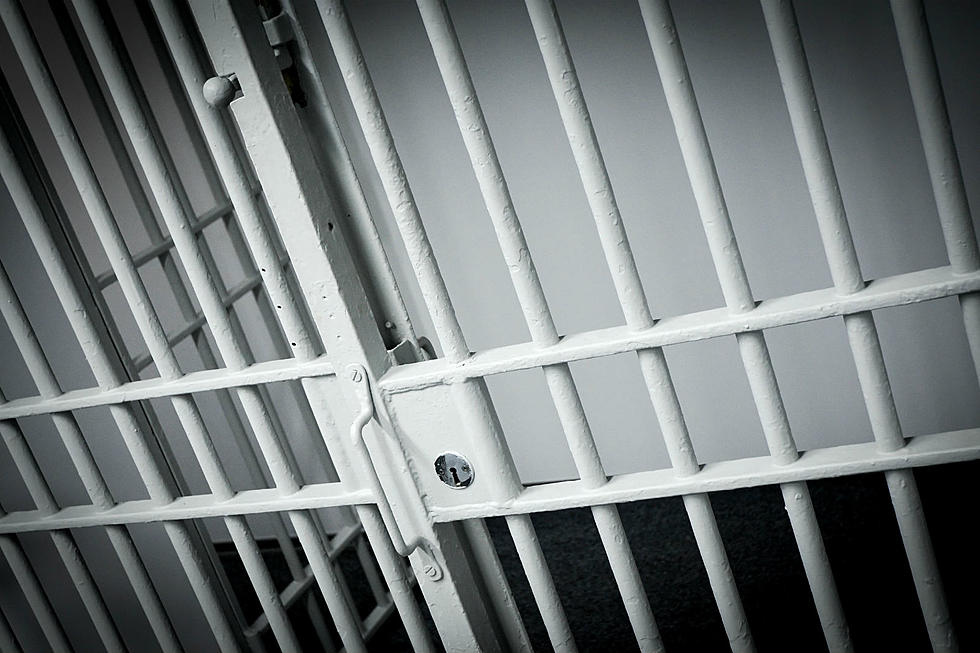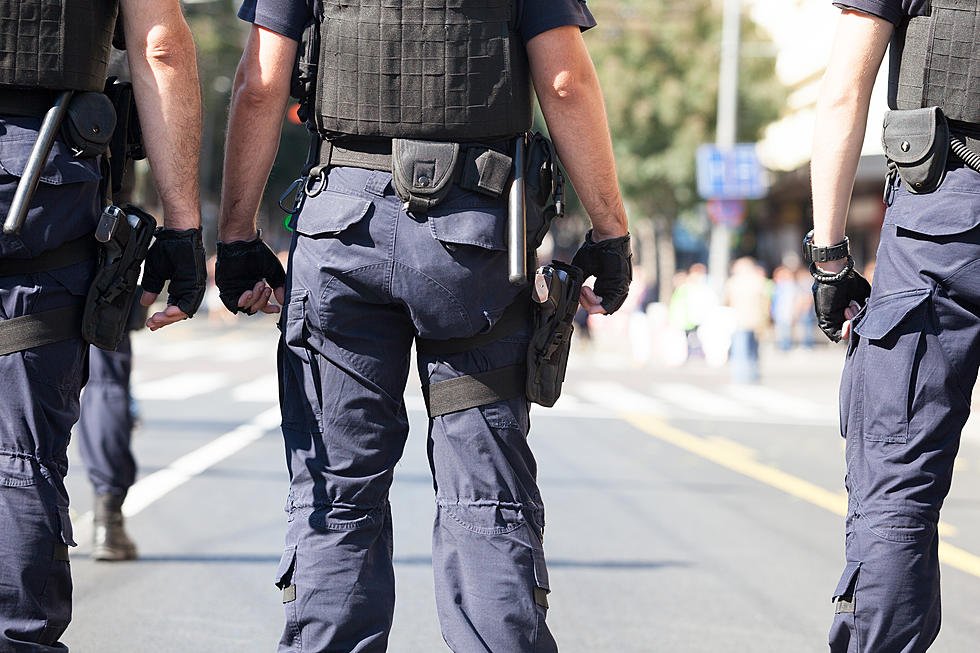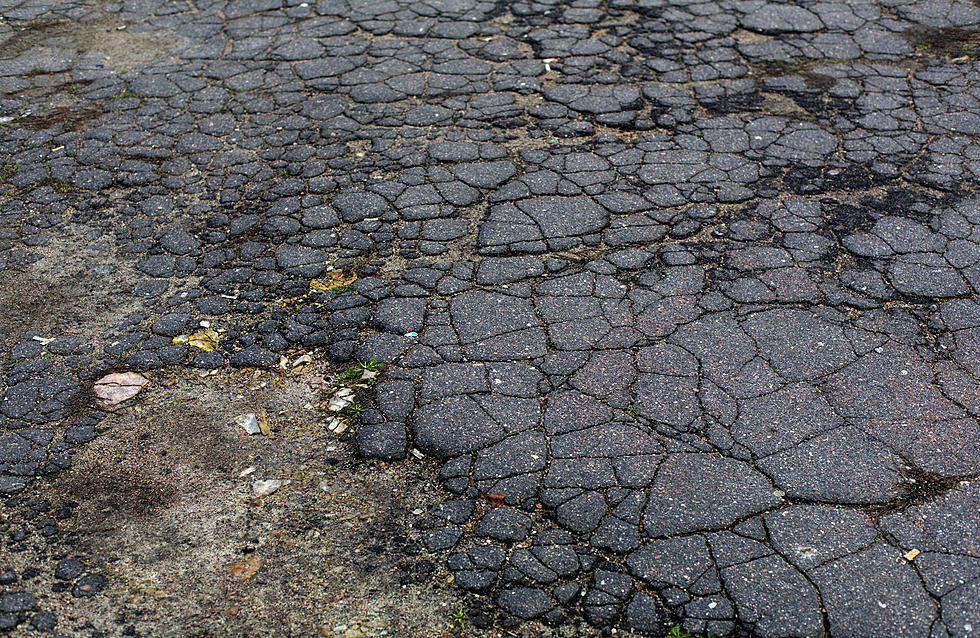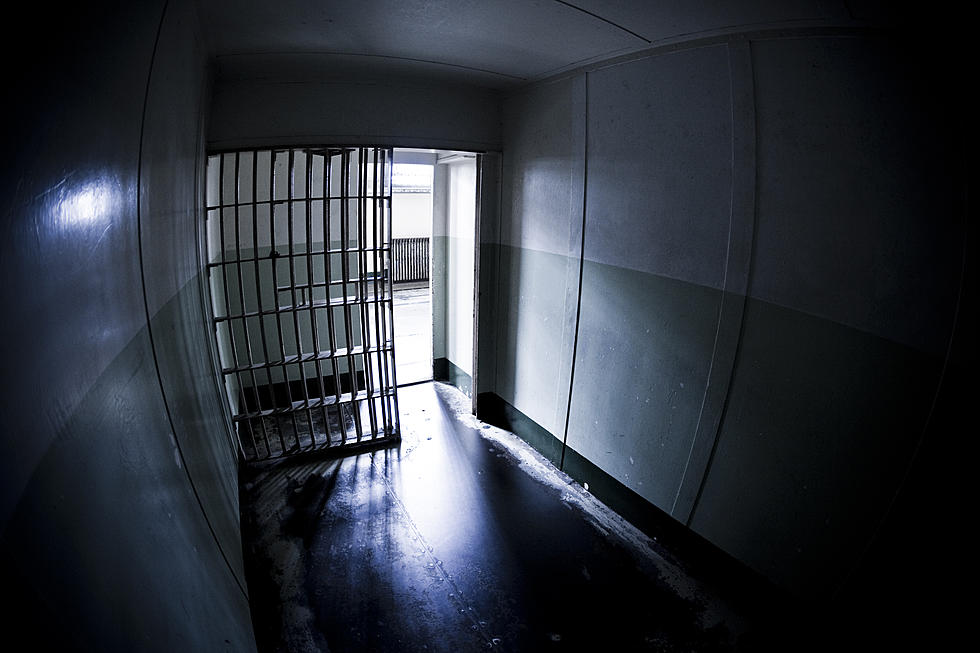
NJ again posts highest rate of incarceration disparity in prisons
For every white prisoner in the Garden State, there are another 12 or so who are Black.
According to a new report from The Sentencing Project, a nonprofit that aims to create a fairer criminal justice system, the Garden State records the highest rate of incarceration disparity in the country.
"It has pursued a range of reforms that have tried to ameliorate these disparities, and also has lowered its prison population considerably .... Yet, the disparity remains almost exactly the same as when we looked at this four years ago," said Ashley Nellis, senior research analyst.
New Jersey is one of seven states that maintain a Black/white disparity larger than 9 to 1. The nationwide average is around 5 to 1, according to the report, which uses 2019 data.
The report also notes that New Jersey is one of 12 states where more than half of the prison population is Black. Still, New Jersey's Black incarceration rate — 1 in 99 — is 19% below the national average. But the wide disparity exists because New Jersey posts a particularly low incarceration rate for white individuals, 81 per 100,000 (nearly one-third the national average).
"It is shameful that New Jersey continues to have some of the worst racial disparities in both adult and youth prisons across the country," said Andrea McChristian, law and policy director of the New Jersey Institute for Social Justice. "When it comes to adult prisons, we can't forget that incarcerated people are denied the vote."
McChristian noted that New Jersey took an important step in 2018 by announcing the closure of two youth prisons, but those prisons still remain open today.
The prison population in New Jersey has fallen by 38% since 2000 (not including releases related to COVID-19), according to the report. That drop includes a 39% reduction in the number of Black prisoners.
Since the group's last state-by-state report on the issue in 2016, New Jersey joined a small list of states that have passed measures to adopt the creation of "racial impact statements," which calculate the impact of proposed crime legislation on different populations. Nellis praised New Jersey for the move, but said the state hasn't really used the law.
The Sentencing Report calls for more states to require racial impact statements. The organization also makes a nationwide call for the elimination of mandatory sentences for all crimes and the decriminalization of low-level drug offenses.
In 2018, Gov. Phil Murphy for the first time convened the state's Criminal Sentencing and Disposition Commission, to examine racial and ethnic disparities in New Jersey's criminal justice system. The commission was established by the Legislature in 2009, but members weren't appointed under then-Gov. Chris Christie.
Contact reporter Dino Flammia at dino.flammia@townsquaremedia.com.
The 10 Most Stolen Vehicles In New Jersey
Early voting locations in each NJ county
More From New Jersey 101.5 FM









